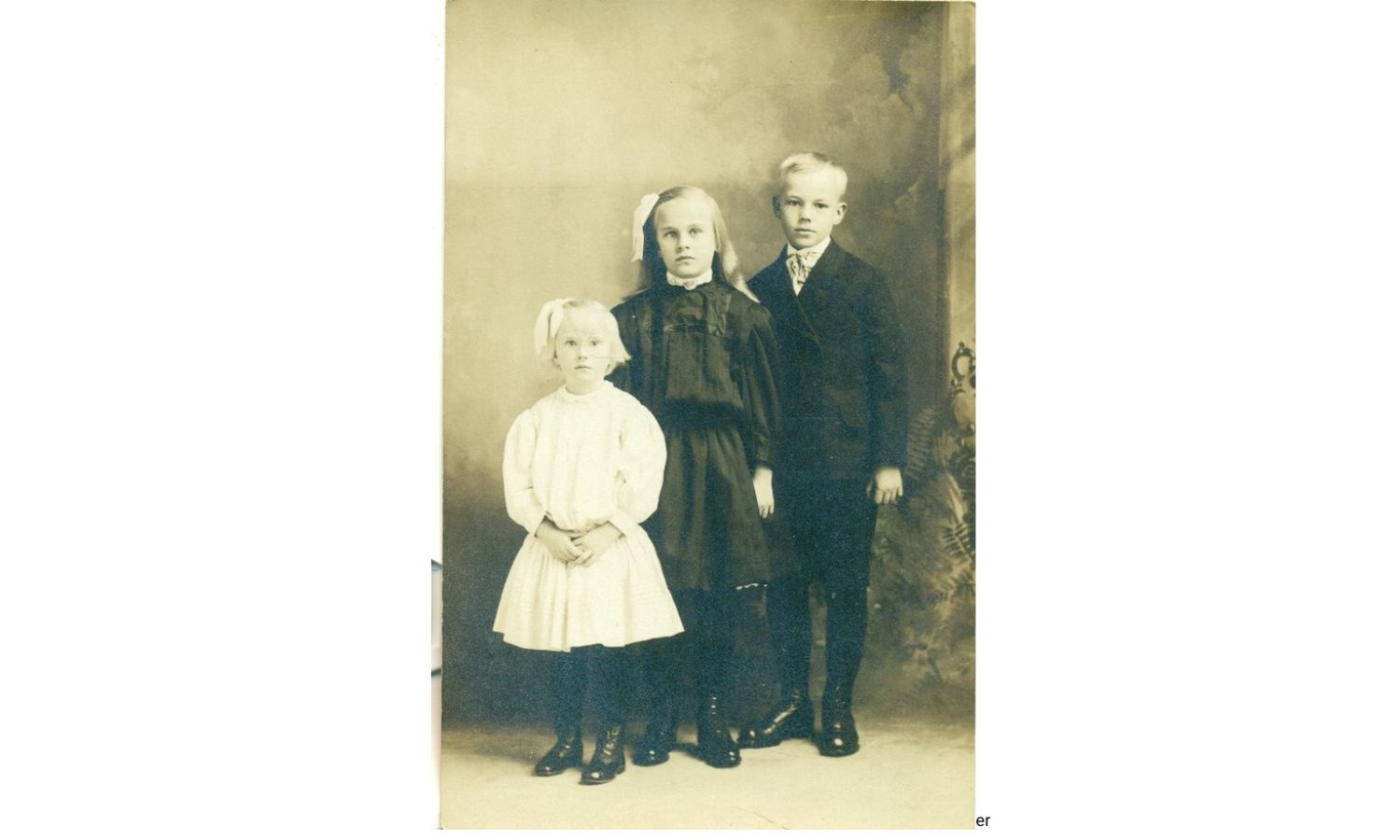Politics
Society’s Shift: The Erosion of Privacy in the Digital Age

The rise of social media has dramatically altered perceptions of privacy and self-disclosure, prompting concerns about the boundaries individuals maintain in public and private life. Krishna Shastri Devulapalli reflects on this transformation, highlighting a shift from an era where personal moments were cherished and guarded to a contemporary culture that embraces constant sharing.
In the past, viewing old home videos or wedding tapes evoked a sense of intimacy and vulnerability. These recordings from the 1960s and 1990s captured a time when people appeared less aware of the camera’s eye, leading to a more human portrayal. Today, however, the landscape has shifted dramatically. Individuals, regardless of age or background, actively share their lives online, often with overwhelming self-awareness. This change raises questions about the implications of such openness.
Devulapalli recounts an interaction with a friend from the literary community who expressed frustration over a particular writer’s incessant posting of personal details. This phenomenon is not isolated; many professionals, including writers, doctors, and academics, frequently share aspects of their lives that blur the lines between private and public. In one case, a local psychiatrist reportedly shares personal struggles on social media, revealing a troubling trend of oversharing among mental health professionals.
The author suggests that there should be guidelines to prevent these professionals from disclosing personal vulnerabilities, arguing that such behavior could undermine their credibility. Notably, the social media posts of these individuals often receive enthusiastic responses, fostering a culture that rewards oversharing.
While it is natural for people to want to connect and show vulnerability, Devulapalli stresses that there should be limits. The act of sharing should be reserved for trusted circles rather than the expansive reach of social media. This perspective raises important questions about the impact of public disclosures on one’s professional identity.
For many, the implications of this trend are concerning. Oversharing can signal a lack of discernment and boundaries, which may have repercussions not only for the individuals involved but also for their professional roles. Devulapalli posits that those who engage in such behavior may struggle with issues like low self-esteem and poor impulse control.
As the digital landscape continues to evolve, the need for introspection becomes increasingly important. The author encourages individuals to consider the appropriateness of their shared content and to maintain a distinction between public personas and private lives.
Ultimately, the conversation surrounding privacy in the digital age is complex and multifaceted. It challenges society to rethink how personal experiences are shared and perceived, urging a return to more respectful boundaries in both public and private domains.
-

 World5 months ago
World5 months agoSBI Announces QIP Floor Price at ₹811.05 Per Share
-

 Lifestyle5 months ago
Lifestyle5 months agoCept Unveils ₹3.1 Crore Urban Mobility Plan for Sustainable Growth
-

 Science4 months ago
Science4 months agoNew Blood Group Discovered in South Indian Woman at Rotary Centre
-

 World5 months ago
World5 months agoTorrential Rains Cause Flash Flooding in New York and New Jersey
-

 Top Stories5 months ago
Top Stories5 months agoKonkani Cultural Organisation to Host Pearl Jubilee in Abu Dhabi
-

 Sports4 months ago
Sports4 months agoBroad Advocates for Bowling Change Ahead of Final Test Against India
-

 Science5 months ago
Science5 months agoNothing Headphone 1 Review: A Bold Contender in Audio Design
-

 Top Stories5 months ago
Top Stories5 months agoAir India Crash Investigation Highlights Boeing Fuel Switch Concerns
-

 Business5 months ago
Business5 months agoIndian Stock Market Rebounds: Sensex and Nifty Rise After Four-Day Decline
-

 Sports4 months ago
Sports4 months agoCristian Totti Retires at 19: Pressure of Fame Takes Toll
-

 Politics5 months ago
Politics5 months agoAbandoned Doberman Finds New Home After Journey to Prague
-

 Top Stories5 months ago
Top Stories5 months agoPatna Bank Manager Abhishek Varun Found Dead in Well









